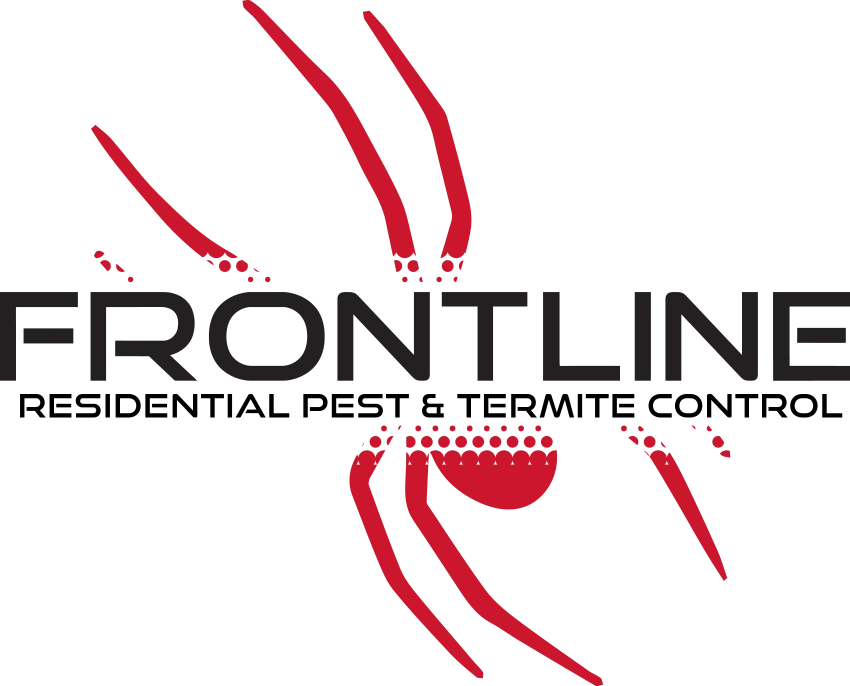What Are The Best Ways To Prevent A Pest Infestation?

No one wants to deal with a pest infestation in their home. Different types of pests can cause significant damage and can also pose health risks. Fortunately, there are measures that can be taken to avoid an infestation in the first place.
Signs of a Pest Infestation
Pest infestations can cause significant damage to a homeowner's property and pose health risks to occupants. It is crucial to be vigilant and identify the signs of a pest infestation early on to prevent further complications. Here are some key indicators that you may have a pest problem:
Unusual Noises
If you hear scratching, scurrying, or squeaking sounds coming from your walls, attic, or basement, it could be a sign of a pest infestation. Common pests like rats, mice, and squirrels are known to make these noises as they move around and search for food and shelter.
Droppings
Finding droppings in your home is a clear indication that pests are present. Different pests leave different types of droppings, so it is important to identify them correctly. For example, mice droppings are small and pellet-shaped, while cockroach droppings resemble small black specks.
Damage to Property
Pests can cause significant damage to your property, including chewing through wires, furniture, and fabrics. Look out for bite marks, chewed-up belongings, or shredded materials. Termites, for instance, can cause extensive damage to wooden structures, compromising their integrity.
Strong Odors
Certain pests emit distinct odors that can be a telltale sign of an infestation. For instance, a musty smell could indicate the presence of mold caused by excess moisture from a pest infestation. Similarly, a foul or ammonia-like smell may suggest a rodent problem.
By being aware of these signs, homeowners can quickly identify and address pest infestations, minimizing the damage and ensuring a safe living environment. Remember, early detection and prompt action are key to effectively dealing with pest-related issues.
Sources of Food and Shelter for Pests
To effectively prevent a pest infestation, you must identify and eliminate the sources of food and shelter that attract pests into homes and offices. Several common household items can provide an ideal habitat for pests, including leftover food, trash cans, cracks in walls, and standing water.
- Leftover food: Pests are attracted to food sources such as crumbs, food particles, and food buildup. Leaving pet food out overnight or not properly storing food in sealed containers can also attract pests.
- Trash cans: Improperly sealed trash cans can provide a readily available source of food for pests.
- Cracks in walls: Pests can gain access to your property through cracks in walls, holes in walls, and loose mortar.
- Standing water: Pests can find shelter in areas with standing water, so it is important to fix any water leaks or standing water issues.
Several types of pests are commonly attracted to these sources of food and shelter, including rodents, cockroaches, ants, termites, bed bugs, and many others. Each pest has its own preferences for food and habitat, but they all seek out areas where they can easily find sustenance and a safe place to nest.
Take Preventive Measures to Avoid a Pest Infestation
The best way to prevent a pest infestation is to take proactive measures before the pests have a chance to settle in. Start by keeping the house clean and free of debris. Vacuum regularly, wipe down surfaces, and store food properly in sealed containers or the refrigerator. Seal any potential entry points, such as cracks and crevices around windows and doors. Inspect items brought into your home for signs of infestation.
To greatly reduce the risk of a pest infestation, you must eliminate or prevent their sources of food and shelter. Take the following steps:
- Clean kitchen counters regularly and remove any food particles.
- Store food properly in sealed containers.
- Fix any water leaks or standing water issues.
- Seal cracks in walls and exterior doors.
- Maintain a clean and clutter-free environment on a regular basis.
Annual Pest Inspections Are a Must
Incorporating integrated pest management (IPM) techniques is also highly beneficial. This approach utilizes a combination of preventive measures and chemical control methods, focusing on minimizing the use of pesticides. A professional pest control company can provide you with an IPM plant that will effectively reduce the risk of a pest invasion while minimizing any potential harm to your family and the environment.
At Frontline Pest Control, we recommend that homeowners hire a licensed exterminator to conduct an annual inspection for any potential pests. A professional can identify problem areas that may be difficult for the homeowner to detect and recommend treatments to prevent infestations before they occur.
To achieve peace of mind and prevent pest infestations, follow these preventive measures for a clean, clutter-free home, seal cracks, eliminate standing water, practice integrated pest management, and enlist professional help when needed. By doing so, you can create a pest-free environment and enjoy a healthy and safe living space.
